The COVID-19 pandemic has tested business owners in ways never thought imaginable. It has also shown many businesses where they need to change or improve as well as how to ensure they are appropriately covered should a pandemic happen again.
Many business owners have been forced to close the doors to physical locations, including their offices, stores restaurants, manufacturing facilities and warehouses. Because of this, many commercial properties are left idle, leaving business owners with a different set of concerns. Commercial property is considered vacant when it is not occupied for 30 days or more.

There are many things business owners, as well as site managers, can do to ensure properties are safe and secure while shutdown. Many of these items involve property maintenance, as well as ensuring their properties are adequately secured and have regular surveillance.
For starters, business owners should make sure all safety systems are fully operational. This means making sure fire sprinkler systems are in working order, and valves are open. All security and fire alarm systems should be tested. If a shutdown is long term or over winter months, water should be shut off and pipes, toilet tanks and bowls drained to prevent pipes from bursting.
The building’s heat should be left on to prevent pipes from freezing.
All doors should be locked and dead-bolted, if possible. Windows should also be closed and locked. Any overgrowth of shrubs or vegetation should be removed to prevent hiding places for vandals and to limit the possibility of damage or thefts.
Exterior lighting should be tested to ensure it is in working order and that it is on at night. If possible, set a timer or motion detector for all outside lights.
Before walking away from a locked business, owners should ensure all maintenance and service issues have been addressed and are up to date. They should also ensure they have someone regularly visit the property and record the date and time as well as any action taken while on site.
If your commercial property is vacant and has been for 30 days or more, get in touch with your insurance broker to let them know. Monitoring the length of time a building or property is vacant is essential as insurance carriers can deny a claim against a regular Commercial Property policy if it becomes vacant and the client did not disclose that information.
By keeping communication open with their insurance brokers as well as by doing their part to prevent vandalism, limit liability and avoid damage, business owners can rest assured their property will be properly protected while vacant.
Download our Vacant Property Checklist or connect with your broker or check in with us if you require more information about vacant property.
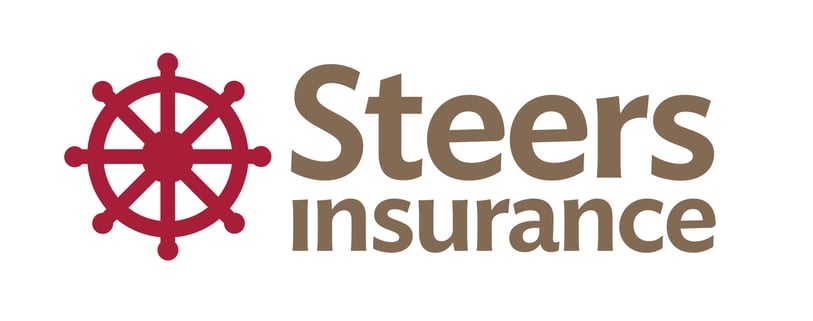

 ;
;
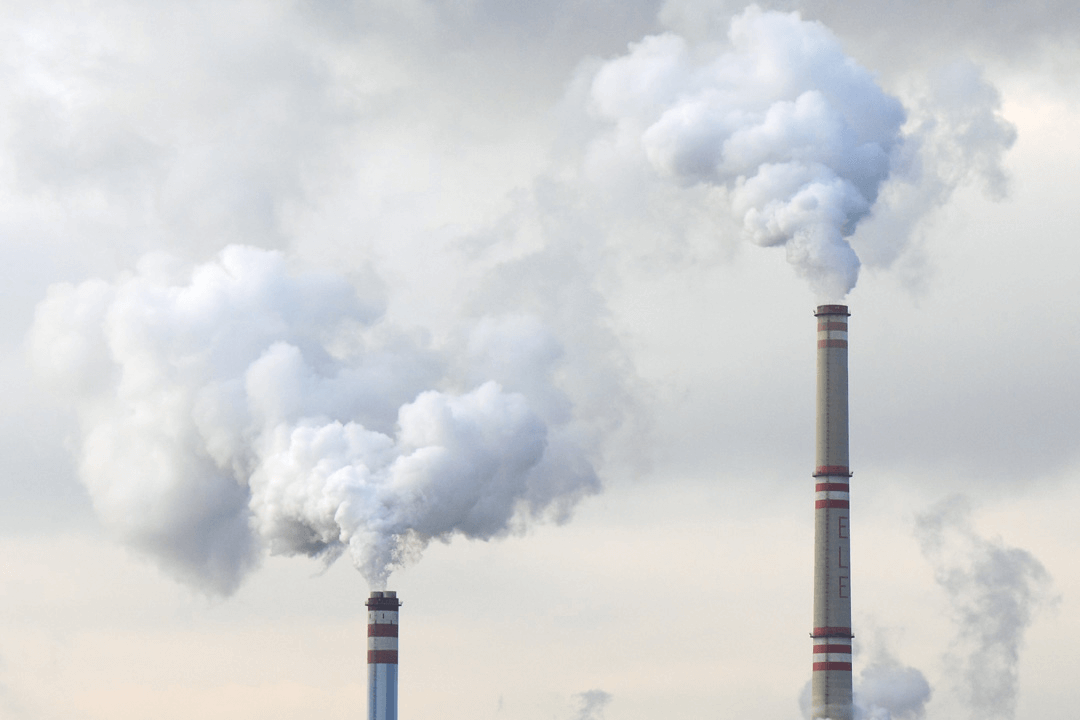 ;
;
 ;
;
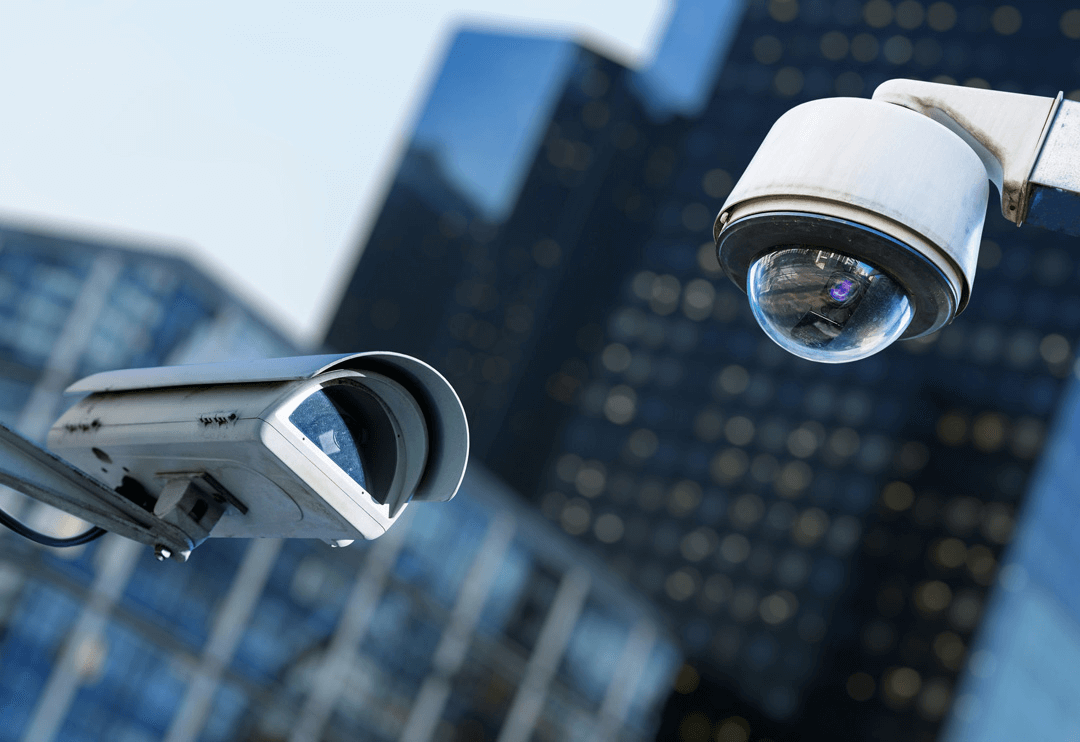 ;
;
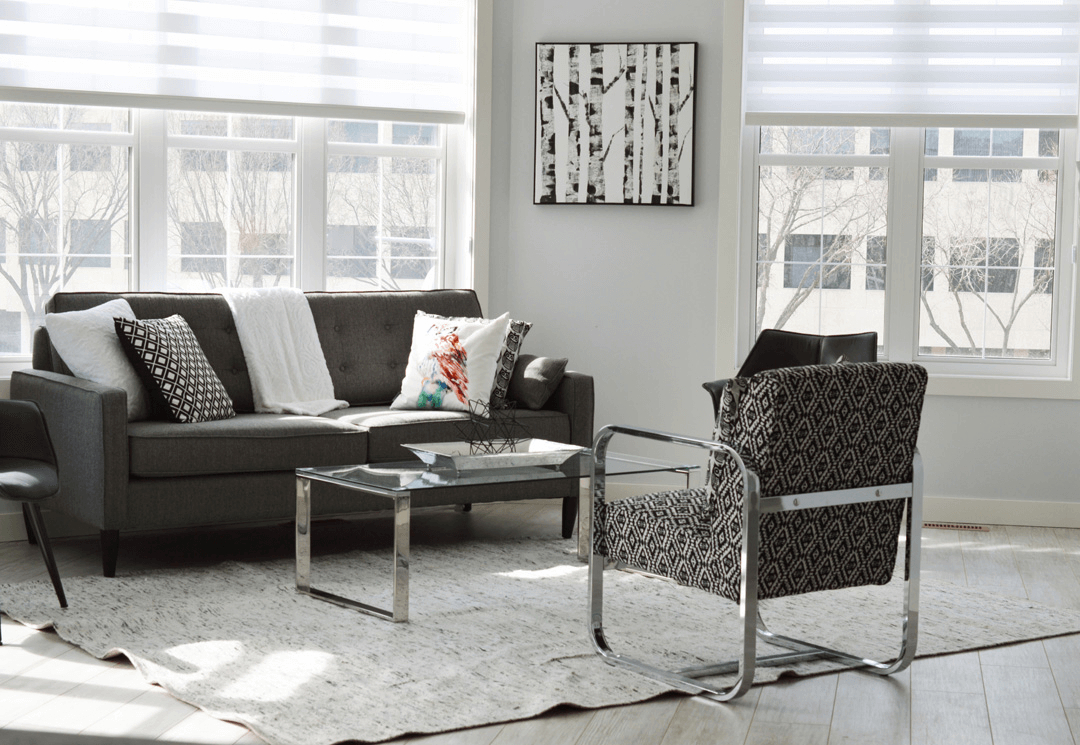 ;
;
 ;
;
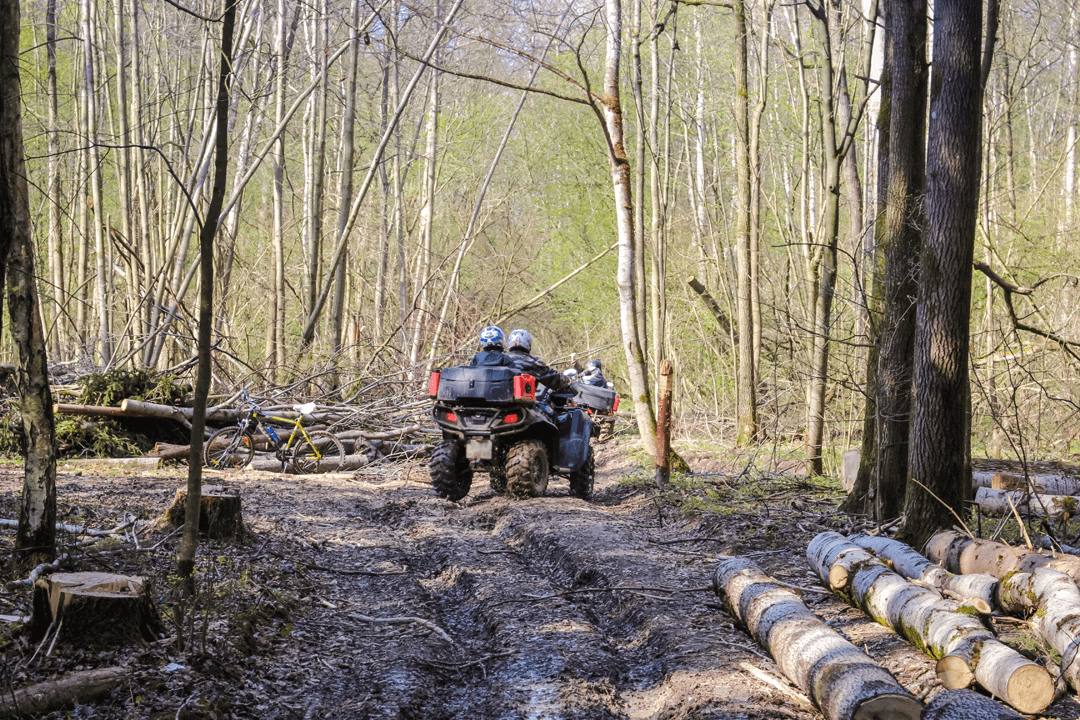 ;
;


